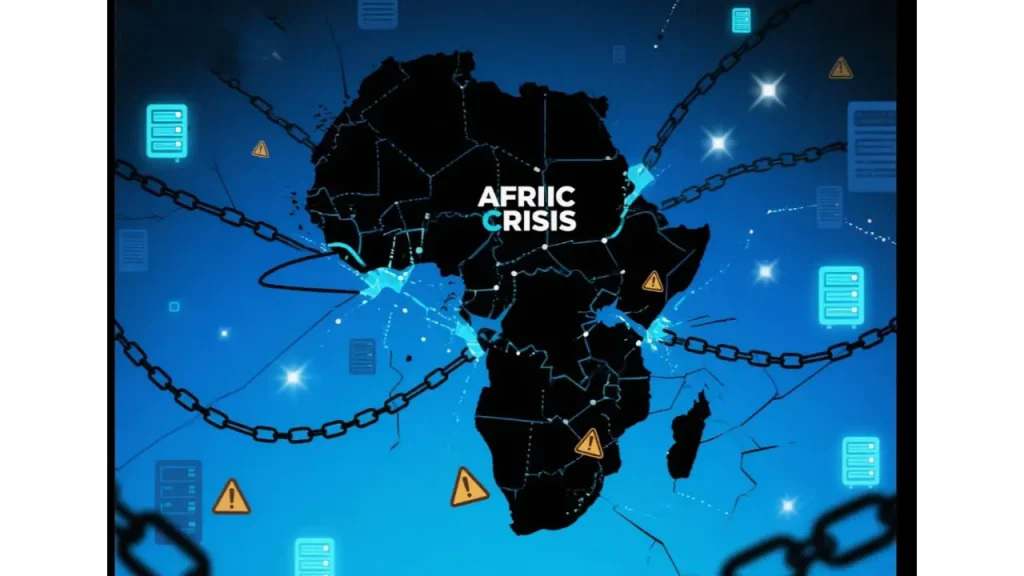- AFRINIC’s independence is challenged by ICANN, governments, and large network actors.
- Civil society and small providers struggle to keep their voice heard.
A registry built on community ideals
AFRINIC was created to serve the African Internet community and to manage address resources in a fair and open way. The design was meant to keep the decisions in the hands of members.
The same kind of model is exists in other parts of the world, but in Africa the balance has always been more delicate. Many members now ask who truly holds power over AFRINIC, and why voices from outside the region often appear stronger than the voices of the community itself.
Global pressure and ICANN’s role
On paper, AFRINIC is accountable to its members. Its rules say decisions must be made from the bottom up. But in practice the registry often faces strong pressure from governments, international organisations, and private actors. These groups can try to shape results that suit their own interests.
When ICANN takes part in AFRINIC’s internal matters, members question if global bodies respect the right of regions to decide for themselves. ICANN does have a role in the Internet system, but when it is seen taking sides in local disputes or in elections, it shakes trust in community governance.
For many African members, this looks less like support for technical stability and more like a contest over who holds authority.
Also read: Cloud Innovation calls for AFRINIC wind-up after ‘impossible’ election standards
Also read: EXPOSED: The letter that reveals who was really benefitting from AFRINIC’s lawsuits
Courts, governments, and the line of oversight
Because AFRINIC is based in Mauritius, it also comes under domestic law. Courts have sometimes been asked to decide on disputes, and this in itself is not a problem. Judicial review is part of the rule of law.
The issue is different when government offices step in directly to influence governance. That kind of intervention risks turning the registry into a political tool. Members often say that while court rulings, even if disputed, still follow due process, government action that interferes directly weakens AFRINIC’s independence.
Also Read: How AFRINIC’s board elections became a political battlefield
Also Read: Why AFRINIC’s fallout has global implications for internet governance
The silence of smaller actors
Power also shifts because of business interests. At the same time, smaller providers and civil society groups feel left out, even though they speak for the wider community.
This imbalance became clear when AFRINIC cancelled an entire election because of just one disputed vote. Many members felt their voice was taken away.
Outside groups also use money or partnerships as pressure points, because AFRINIC works with limited resources. This makes the registry more open to outside influence, and small actors pay the price.
The fight to protect independence
The fight to keep AFRINIC independent is therefore about more than procedures. It is about who sets the rules and whether African members have the final say.
The registry manages a scarce resource, and that makes its decisions political as well as technical. In recent years it has become clear that once outside players step in, the balance shifts quickly. Each time this happens, the trust of members is damaged. Once trust is lost, it is hard to rebuild.
A call for unity
If AFRINIC is to stay true to the mission, the African Internet community must act together. Smaller providers, civil society, and individual members cannot let their voices be drowned out by larger players, by governments, or by international bodies.
The registry is for the region, not for outside powers. This means saying no when government offices interfere, raising questions when ICANN expands its role without consent, and keeping larger actors accountable when they push for rules that serve themselves.
Only with unity can members make sure AFRINIC stays community-led and not driven by centralised control.

